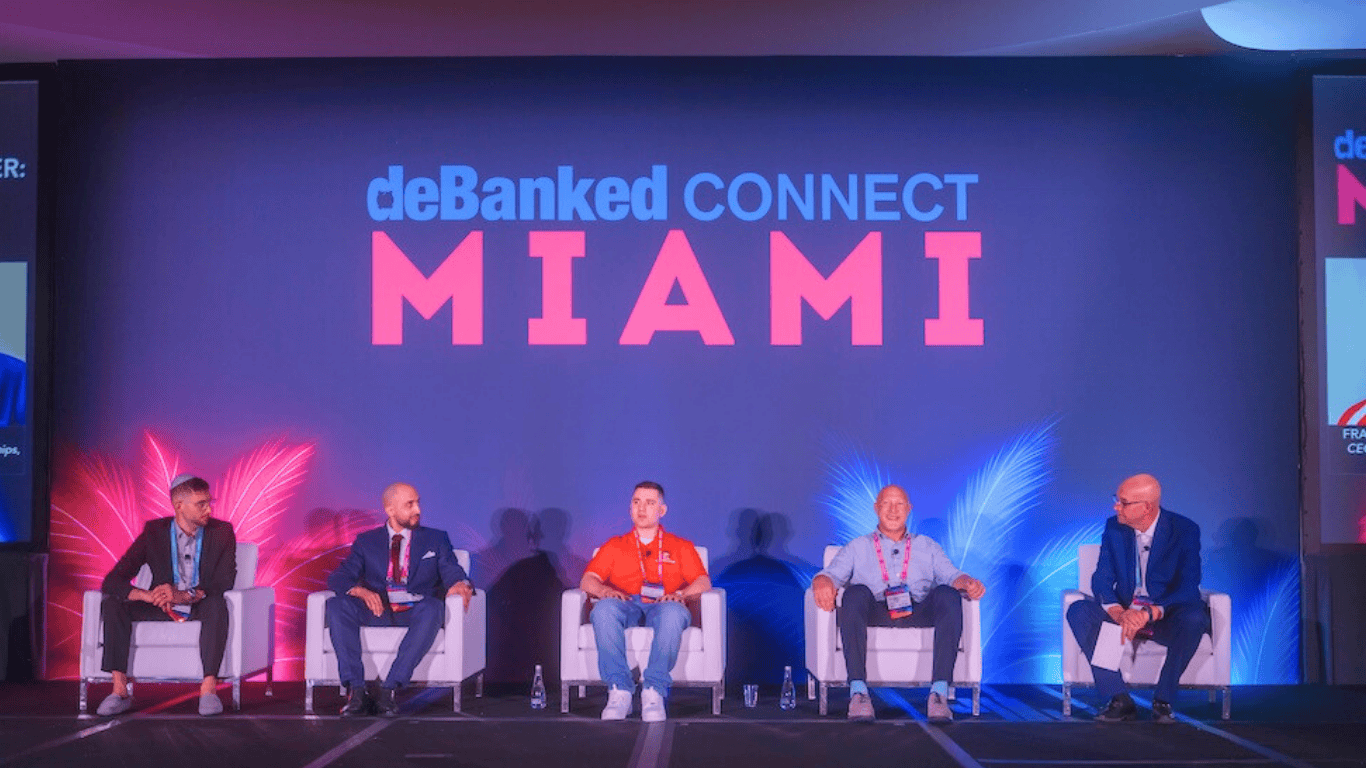While a business with "Pending Inactive" status in Virginia may technically still be operating during this transitional period, this status flags an imminent loss of good standing and legal authority if the underlying issues are not swiftly addressed. It signals that the entity is on the brink of becoming fully "Inactive," a status that explicitly indicates an inability to conduct business legally. This critical assessment of status is paramount for effective lending operations.
Here’s why this distinction is vital and how it impacts your lending strategy:
1. Intensified Legal Uncertainty and Compromised Loan Enforceability
A business identified with a "Pending Inactive" status in Virginia is not in good standing with the Virginia State Corporation Commission (SCC), directly signaling unresolved compliance issues such as missed filings or failure to maintain a registered agent. This precarious state translates into heightened legal uncertainty for any associated lending agreements.
- Precursor to Full Incapacitation: The "Pending Inactive" status specifically means the business entity is "in the process of becoming inactive" due to an "upcoming deadline for filing documents or paying fees" that, if unmet, will result in full "inactive" status. This serves as a stark warning, indicating that the business is teetering on the edge of legal non-existence.
- Undermining Loan Covenants and Agreements: Good standing is frequently a fundamental requirement in loan covenants, and its absence can render a business legally unauthorized to conduct operations. For instance, an "Inactive" entity in Virginia "is not authorized to conduct business", directly impacting its legal capacity to honor agreements.
- Limited Recourse in Default Scenarios: In disputes or loan default scenarios, courts may view contracts with non-compliant entities, especially those that have transitioned to "Inactive" status, "less favorably," potentially "limiting recourse" for lenders. This could severely hamper efforts to recover funds or enforce terms.
- Broader Implications Across Jurisdictions: While specific to Virginia, the "Inactive" status resonates with similar critical designations across other states, such as "Dissolved" in Alabama, "Suspended" in California, "Revoked" in Nevada, or "Administratively Dissolved" in Washington. Each of these statuses universally signifies a severe legal impediment to a business's capacity to operate legally and fulfill obligations, making a multi-state verification strategy crucial.
2. Heightened Lender Exposure and Difficulty in Recovery
The progression from "Pending Inactive" to "Inactive" status in Virginia directly elevates a lender's exposure, creating significant hurdles for loan recovery.
- Escalation to Legal Incapacitation: Should the underlying issues remain unresolved by the SCC deadline, typically by the end of the second month following notification, the "Pending Inactive" status will escalate to a full "Inactive" (terminated/revoked) status, leading to the business losing its legal authority to operate. This immediate loss of legal standing can trigger severe operational disruption.
- Complications for Secured Lending: Secured lenders relying on UCC filings, personal guarantees, or pledged assets may face substantial delays or complications in recovery due to a borrower’s altered legal standing. Accessing UCC filing data, which identifies existing liens and financial obligations, becomes critical, as the enforceability of these liens can be significantly compromised if the business is not legally recognized.
- Voiding of Auxiliary Contracts: Critically, insurance coverage and third-party contracts may become void or harder to enforce for businesses not in good standing. This can severely undermine the value of collateral that might rely on such protections, turning what appeared to be a secured asset into a high-risk liability.
- Fraud Detection and Mitigation: The ability to swiftly detect a "Pending Inactive" or "Inactive" status is a crucial aspect of fraud prevention. Solutions like Cobalt Intelligence's Secretary of State (SOS) API are engineered to "enhance fraud detection by flagging inconsistencies or impending non-compliance," enabling lenders to "identify and decline risky applications before capital is deployed". Real-time data access helps to identify "unregistered, expired, or inactive businesses" and prevent capital loss.
3. Operational Fragility and Financial Distress Indicators
Lenders reviewing businesses flagged with "Pending Inactive" status should immediately classify these entities as "at-risk" for significant operational disruption and inherent financial instability.
- Immediate Warning of Distress: A "Pending Inactive" status in Virginia serves as an unequivocal "red flag", strongly indicating "potential financial difficulties, legal issues, or cessation of operations". This means the business may already be facing internal challenges preventing it from maintaining basic state compliance.
- Erosion of Creditworthiness: Businesses in "Good Standing" are generally considered a "lower risk" for lenders, primarily because their compliance signals "financial responsibility and operational stability". Conversely, a "Pending Inactive" status explicitly "raises concerns about the entity's financial management and compliance practices", directly impacting its perceived creditworthiness.
- Inefficiencies of Manual Verification: Traditional, manual business verification processes are notoriously "slow and created bottlenecks," leading to "loan processing took too long" and making "scaling operations to meet growing demand difficult". This inherent inefficiency in manual checks means that critical information, such as an evolving "Pending Inactive" status, might be outdated by the time a lending decision is made.
Leveraging Advanced FinTech Solutions for Proactive Risk Management
For alternative lenders and institutional executives processing high volumes of applications, manual monitoring of evolving business statuses like "Pending Inactive" is not just inefficient; it exposes your portfolio to undue risk. This is where Cobalt Intelligence's Secretary of State (SOS) API offers a transformative solution, providing the real-time visibility necessary for agile decision-making and enhanced fraud prevention.
- Real-Time Data for Proactive Insights: Cobalt Intelligence's SOS API connects directly to state databases, including Virginia's, providing real-time data retrieval. This means your teams will be instantly alerted to a "Pending Inactive" status, allowing them to address the risk before it escalates to a full "Inactive" state. This live data is crucial in the fast-paced lending environment where business information can change rapidly, minimizing the risk of decisions based on outdated information.
- Automated Verification and Risk Mitigation: The API automates business verification processes, pulling critical information like "entity name, status, filing date, business start date, entity type classification, registered agent information, officer and owner details, and historical filings and amendments" directly from official state records. This "enhances fraud detection" by flagging inconsistencies or impending non-compliance, enabling you to identify and decline risky applications before capital is deployed. For instance, 1West, a leading small business lending marketplace, significantly "reduced fraud risk by verifying application data against official state records" through Cobalt's API.
- Comprehensive Due Diligence Toolkit: Beyond real-time SOS data, Cobalt Intelligence offers a multi-layered approach to risk assessment. Its services include TIN (Taxpayer Identification Number) verification to confirm tax IDs against IRS records, and UCC (Uniform Commercial Code) filing data to instantly detect existing liens and financial obligations. For lenders in specific sectors, such as construction, Contractor License Verification ensures compliance and reduces risk associated with unlicensed operators. This comprehensive toolkit ensures you have a holistic view of the borrower's legitimacy and financial standing. Cobalt also provides confidence scoring to help resolve potential discrepancies in matching names.
- Streamlined Integration and Operational Efficiency: Cobalt Intelligence’s API is designed for seamless integration into your existing loan management systems, CRMs, and underwriting platforms, often requiring "less than a week for core implementation". This automation "frees up valuable human resources from tedious manual lookups", allowing your compliance and underwriting teams to focus on higher-value tasks and critical cases. This capability to automate "thousands of Secretary of State lookups" fundamentally transforms the underwriting process, reducing bottlenecks and enhancing operational efficiency.
In essence, while a "Pending Inactive" status in Virginia indicates an immediate, yet potentially reversible, threat to a business's legal standing and operational integrity, it is a clear signal for lenders to proceed with extreme caution. By integrating a robust solution like Cobalt Intelligence's API, you gain the unparalleled visibility and automation needed to swiftly identify such critical status changes, mitigate emerging risks, and ensure your lending decisions are always backed by the most current, verifiable data. This isn't just about compliance; it's about building a more resilient and efficient lending ecosystem in an increasingly complex market.












.png)